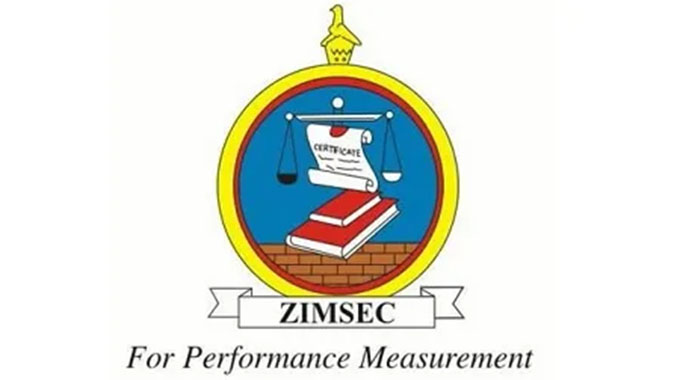Prosper Ndlovu in VICTORIA FALLS
THE dream of modernising and industrialising Zimbabwe and the entire African continent will not be complete without incremental beneficiation of diamonds and other precious minerals, and embracing new technologies and innovations, particularly by young people, President Mnangagwa has said.
Officially opening the 9th ordinary meeting of the African Diamond Producers’ Association (ADPA) Council of Ministers Conference here yesterday, President Mnangagwa said the time has come for Africa to translate its vision to grow its value addition and beneficiation base by scaling up the value of export earnings from the proceeds of precious minerals such as diamonds and gold.
This would be done through the adoption of the “Whole of Society Approach”, which embraces both formal and informal structures in pursuit of common societal goals and policies.
He said this must be prioritised and complemented by set targets of increasing production thresholds.
Zimbabwe is among the prime diamond investment opportunity destinations in the region and the country hosted the high-level conference in its capacity as chair of ADPA. It will pass on the rotational assignment to Sierra Leone.
While Africa contributes more than 60 percent of the global natural rough diamonds, the President said it was disheartening that the continent’s voice remains overshadowed by Western powers and some foreign market players who impose unilateral restrictions on the trading of natural diamonds.
He called on African producers to stand up and fight for their space and interests.
“Our collective voice must be heard and greater collaboration, cooperation, and partnerships remain the panacea to win-win benefits and prosperity within the diamond mining sector.
“Let us all take charge of the future of the sector more so given the numerous benefits natural diamonds bring to our communities and economies.
“It is only through cutting and polishing of diamonds, which is the most complex stage of diamond production, that as Africa, we will be able to unlock more value, get access to new technologies as well as capacitation of local staff in the trade.
“This should be complemented by the opening of new mines, benefiting from ongoing exploration projects, expansion of existing projects and increased capacity utilisation,” said President Mnangagwa.
He challenged African diamond-producing nations to move beyond narratives of whether its natural resources are a blessing or a curse.
The President said there is need for African countries to lead by example in making their communities feel the positive impact of mineral exploitation, through sustainable empowerment projects whose legacy lives on even when mining operations have ceased.
This includes ensuring that positive investment spin-offs trickle into downstream industries such as suppliers, employees and customers alike.
“We must be awake and leverage on our natural resource endowments to build our beloved continent brick by brick, stone upon stone and step by step,” said the President.
“Given that our diamonds are a finite resource, we must not accept trinkets but corporate social investment projects that have far-reaching impacts on the productivity and quality of lives of benefiting communities. These must dovetail with our broader national and continental development agenda.”
On its part, Zimbabwe was forging ahead with key policy initiatives in the diamonds sector towards increasing the quota policy for local diamonds beneficiation and value addition.
“In the case of Zimbabwe, the diamond sector has been on an upward growth trajectory in terms of both production output and revenue generation,” he said.
“We take pride in the good relationships that exist between diamond mining companies (Zimbabwe Consolidated Diamond Mining Company, Anjin Investments, Rio Zim Murowa Diamonds), and local communities.”
President Mnangagwa noted with regret the declining prices of natural diamonds in the post-Covid-19 era, which he said has been worsened by the increased competition from man-made diamonds, macroeconomic headwinds and tighter liquidity conditions on the global market.
Already delegates to the conference were alarmed over reports that the share of man-made diamonds, which was just 2.4 percent in 2020, rose to 9,3 percent in 2023, which is a jump of about 6,9 percent over three years.
This calls for African technocrats and players in the sector to think outside the box and help mitigate such risks towards protecting the natural diamonds sector, President Mnangagwa added.
“I exhort us to change our mindsets and take pride in the consumption of value-added products from our gold, diamonds, lithium, cobalt, cocoa, natural oils and leather products, among many others. We must be consumers of our products and not merely producers,” he said.
President Mnangagwa also reiterated the importance of mining players’ role in minimising ecological disruption through embracing ethics and balancing profitability with good environmental management practices and socioeconomic sustainability.
Vice President Dr Constantino Chiwenga, Mines and Mining Development Minister Zhemu Soda, Matabeleland North Provincial Affairs and Devolution Minister Richard Moyo, senior Government officials and foreign and local delegates attended the conference, which began on Tuesday and ended yesterday.




